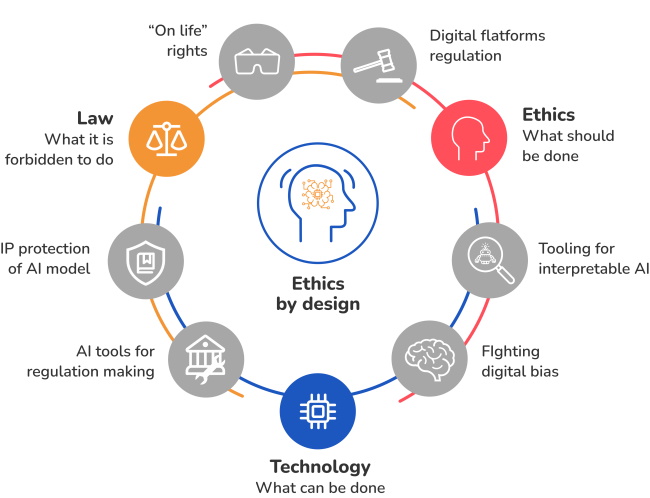The advent of Artificial Intelligence (AI) has transformed the marketing domain, offering unparalleled insights into consumer behavior and preferences. However, as AI becomes deeply integrated into marketing tactics, ethical questions intensify. Can AI remain genuinely ethical within marketing, or does it inherently risk manipulation and deception?
Ethical Implications in Marketing Practices
The annual Business School DEI Collaborative Conference, held by Texas Christian University, became a hub for discussing AI’s ethical implications in marketing. It questioned the possibility of ethical business conduct in the context of AI marketing, underscoring heightened concerns about the potential misapplications of this potent tool.
AI as a Marketing Tool: A Double-Edged Sword
At its essence, AI serves as an instrument that processes consumer data. Much like a weapon remains inert without human involvement, the ethical consequences of AI hinge on the data it processes and the motives behind its use. Unfortunately, the marketing sector is notorious for treading ethical grey areas in pursuit of profit, often prioritizing sales over transparency and consumer well-being.
The Parallels between Political and Business Ethics
There’s a striking resemblance between political campaign tactics and potential unethical uses of AI in marketing. Politicians may resort to exaggerating or distorting data to rally support, paralleling how AI algorithms could exploit consumer vulnerabilities to drive sales.
Marketing Manipulation through AI
AI’s role in marketing sparks concerns about increasingly sophisticated forms of consumer manipulation. Armed with vast consumer data, AI algorithms can craft highly personalized messages that may sway consumers toward decisions that may not align with their best interests or overall well-being.
Transparency and Accountability in AI Marketing
The non-transparent nature of AI algorithms complicates consumer understanding of data usage and message personalization, giving businesses an unfair edge. This raises issues around consumer manipulation, potential bias and discrimination, and the erosion of human agency and free will.
Ensuring Ethical AI in Marketing
To mitigate these ethical risks, businesses should embrace transparency and accountability when employing AI in marketing. Customers deserve to be fully informed about their data usage and have the option to opt out of targeted marketing. Moreover, businesses must be held accountable for any negative impact stemming from AI-driven marketing tactics.
Concluding Thoughts
Whether AI can be ethical in marketing is a multifaceted dilemma. While AI has the potential to enhance marketing efforts and offer valuable insights, it is accompanied by significant risks, including manipulation, discrimination, and undermining human autonomy. As we tread into this new era of technological advancement in marketing, maintaining ethical vigilance is of utmost importance for the benefit of consumers and society.
